What Our Students Say
Did you know!
- Keep up to date with our Facebook @creativeartslcc, Twitter @CreativeArtsLCC, and Instagram @creativeartslcc.
- We provide full-time arts education to over 1,000 students every year, from level 1 through to BA Honours degrees. If you are successful in gaining a place on one of our specialist courses, we will work with you to develop your creative skills and prepare you for the next big step – either to university, drama school, art college or the world of work.
- On average Media professionals in Leeds earn £30,121.74 (Emsi).
Course Information
Introduction
Amplify news with this exciting programme. You will explore all aspects of journalism including broadcast, website and magazine. The skills you learn are transferable to other popular industries such as advertising, marketing, public relations and website writing.
Contact details: Emily Brogden emily.brogden@leedscitycollege.ac.uk
Please note the Fees(Adult) may be free depending on student circumstances, please enquire for more information.
Overview
Who is this course for?
Do you want to present stories through broadcast journalism, magazines and podcasts using information gathered from hard-hitting interviews and investigative research? On this multimedia course, you will create magazine shows in our industry-standard TV studio, edit podcasts, make documentaries and use photography to illustrate your articles. Now more than ever the world needs people to ask difficult questions and find the hidden answers.
Benefits and skills
- Write sparkling copy for magazines, news and websites
- Design eye-catching magazine pages using Adobe Indesign
- Develop skills in interviewing, broadcast journalism and podcasting
- Create magazine shows and factual programmes in our state-of-the-art TV studio
- Use Adobe software to create broadcasts, factual films, documentaries and podcasts
Entry requirements
5 GCSE grade 4 or above including English and maths
Available Apprenticeships and Progression options
Progression may include degree level study, an apprenticeship, or relevant employment.
Please note that for all courses starting on 9th September, there will be an induction week, WC 2nd September.
Employment Statistics
-
Journalists, newspaper and periodical editors
Average Salary£30,160
-
Business and related research professionals
Average Salary£31,720
-
Research and development managers
Average Salary£46,800


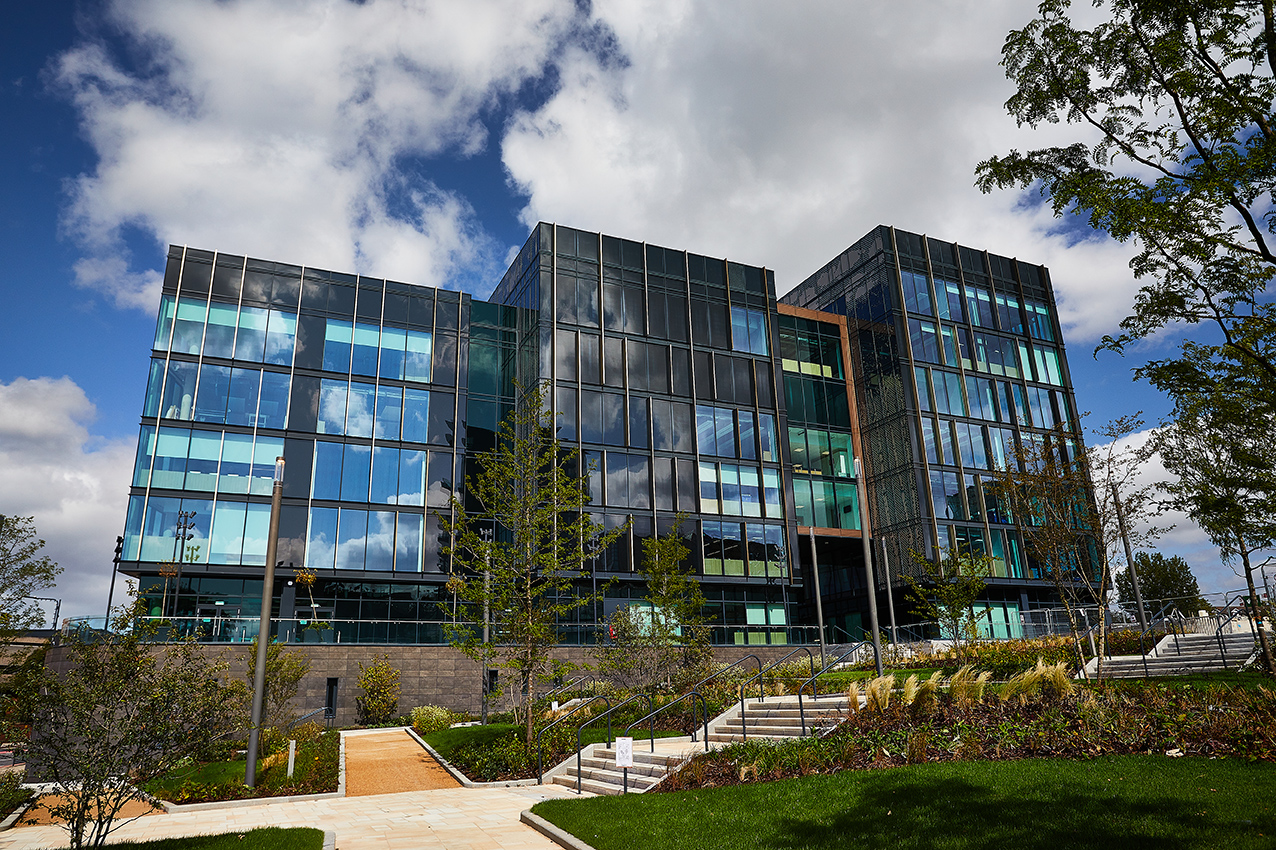
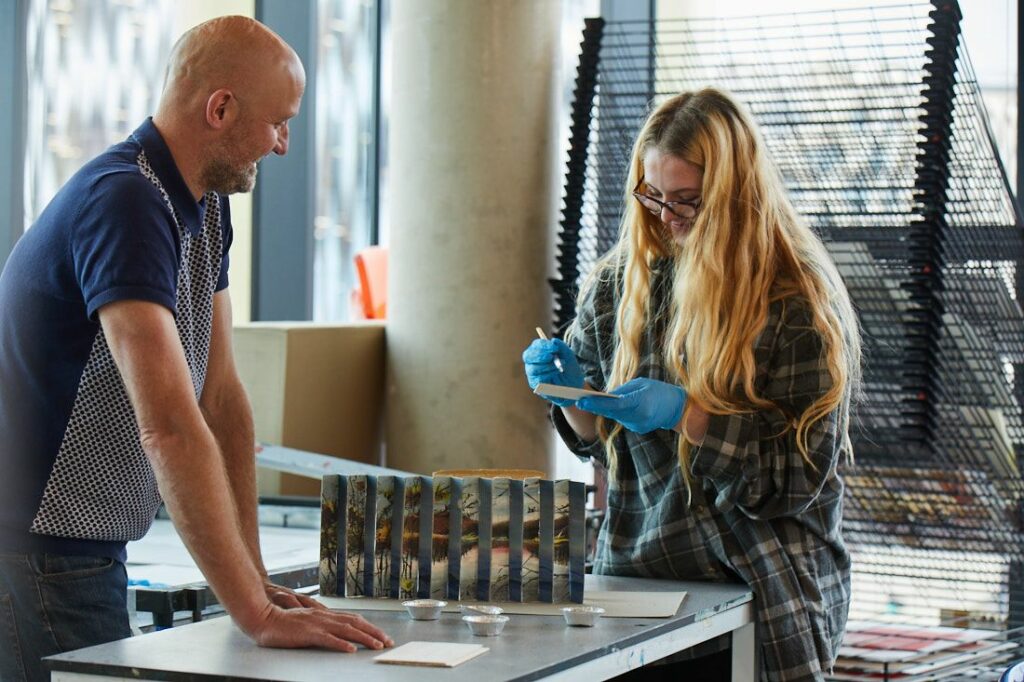
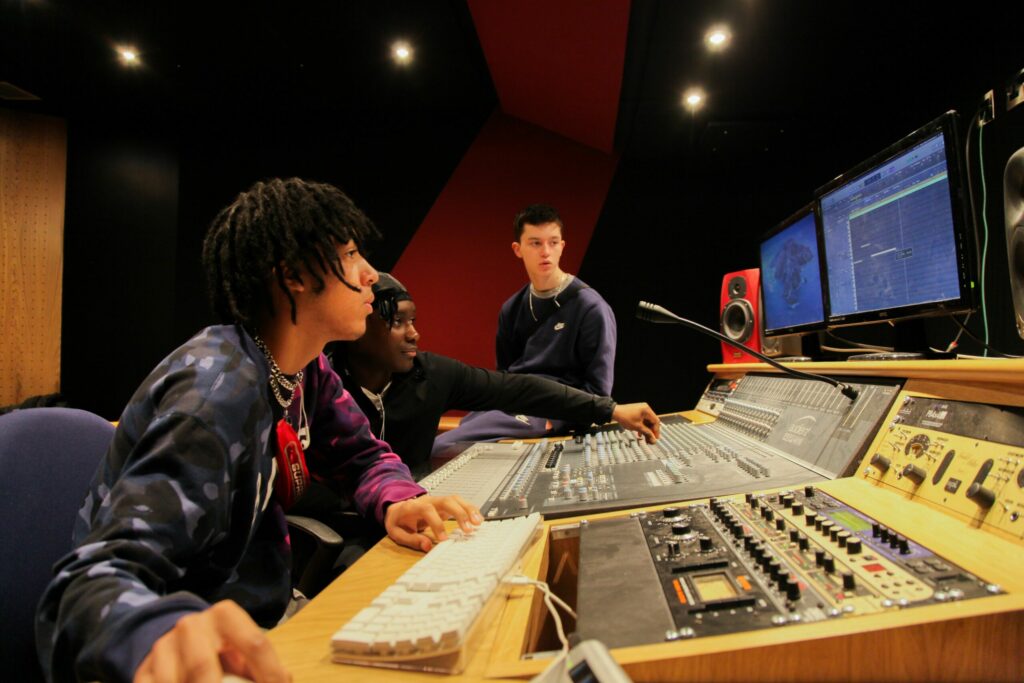
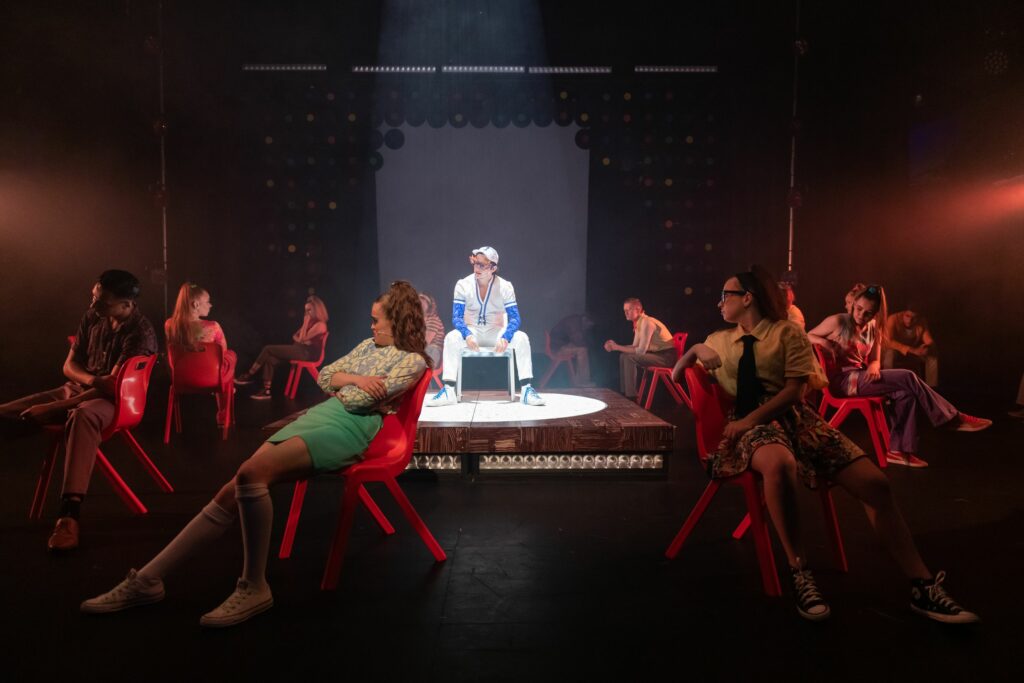
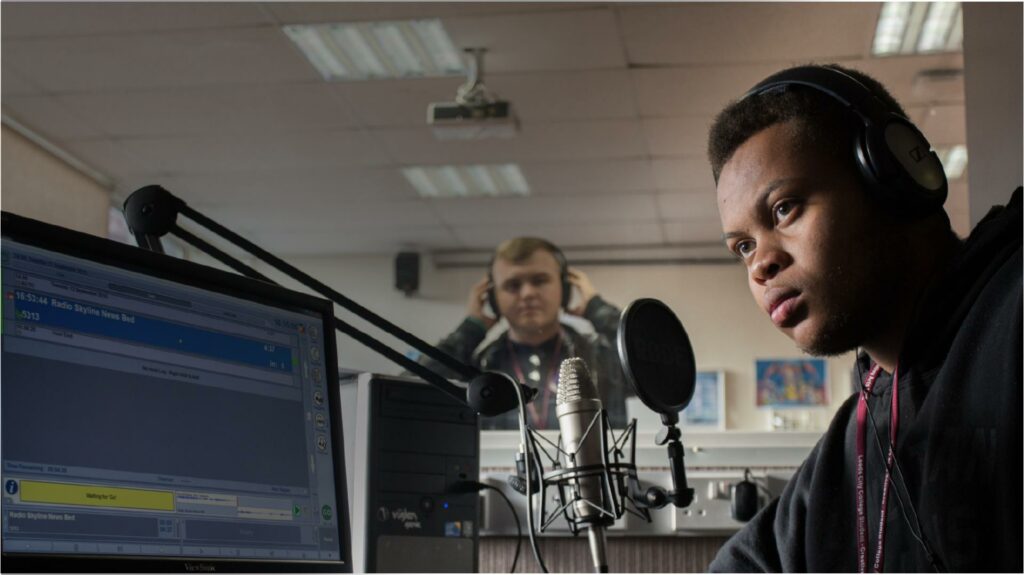
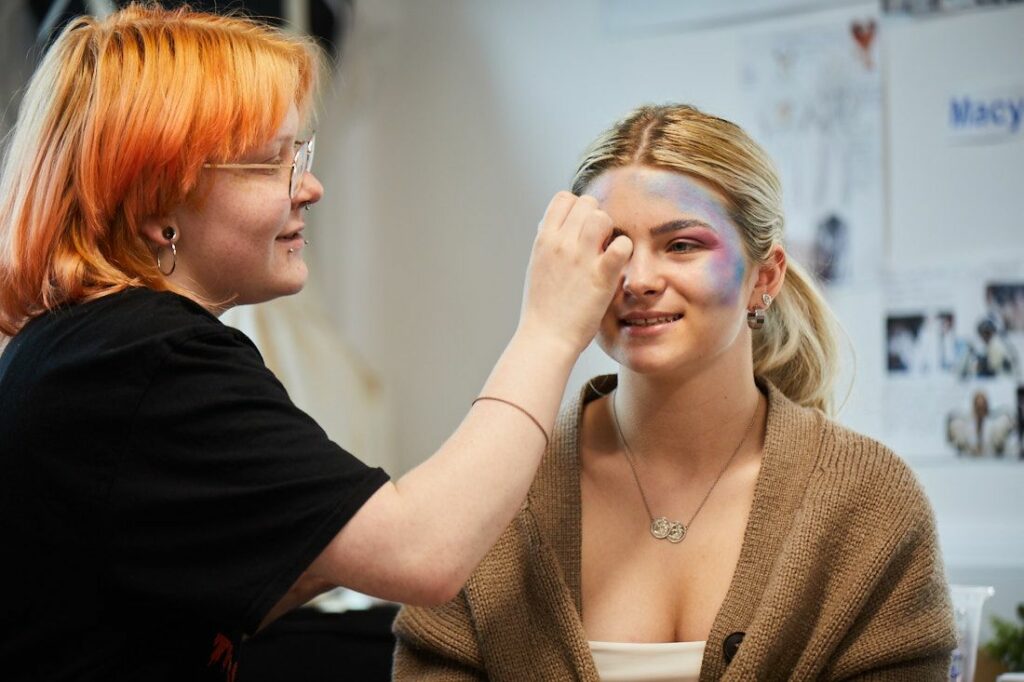
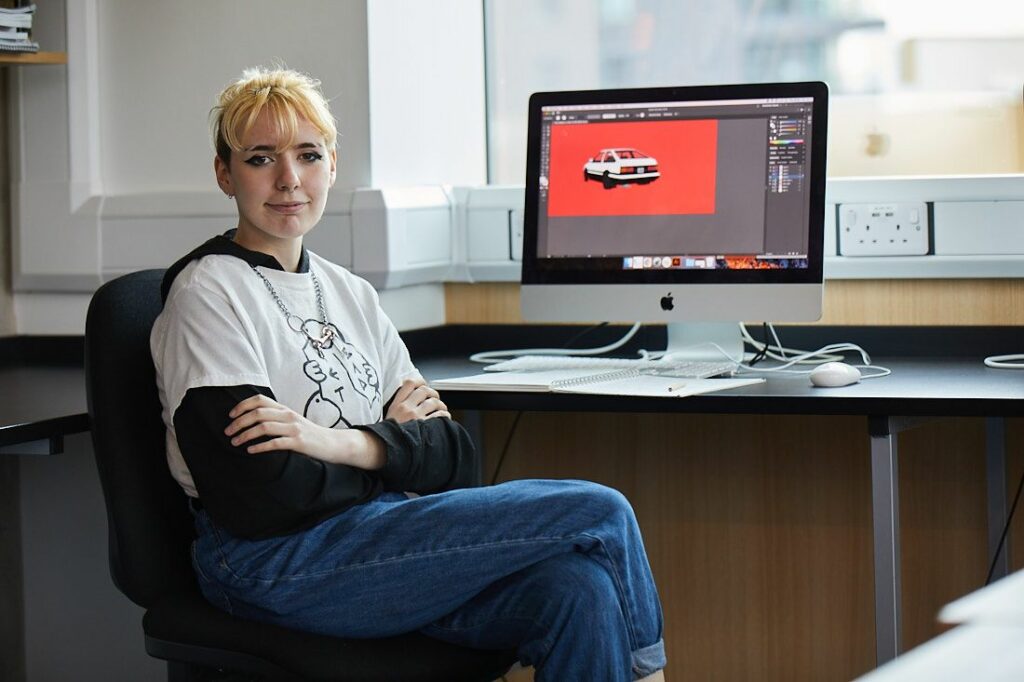
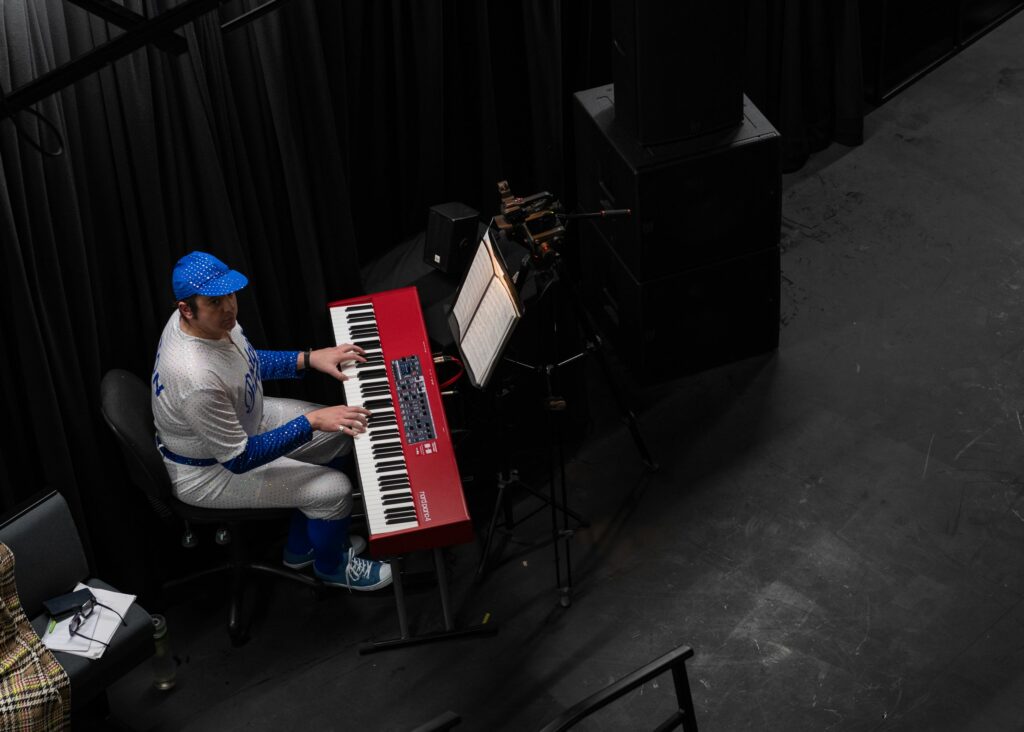
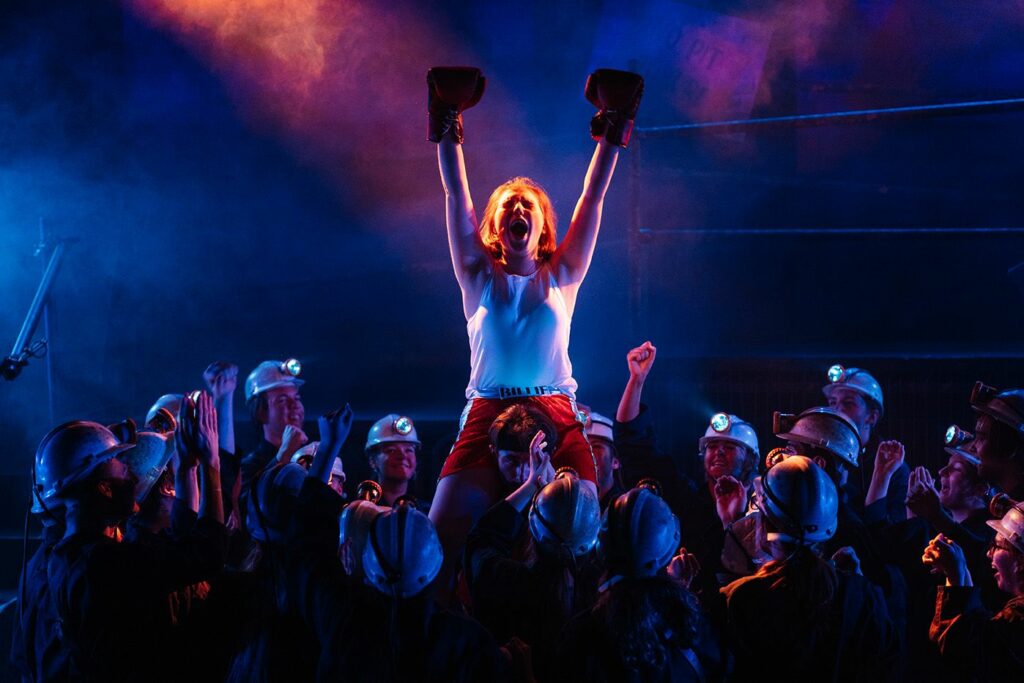
Follow us on Social Media